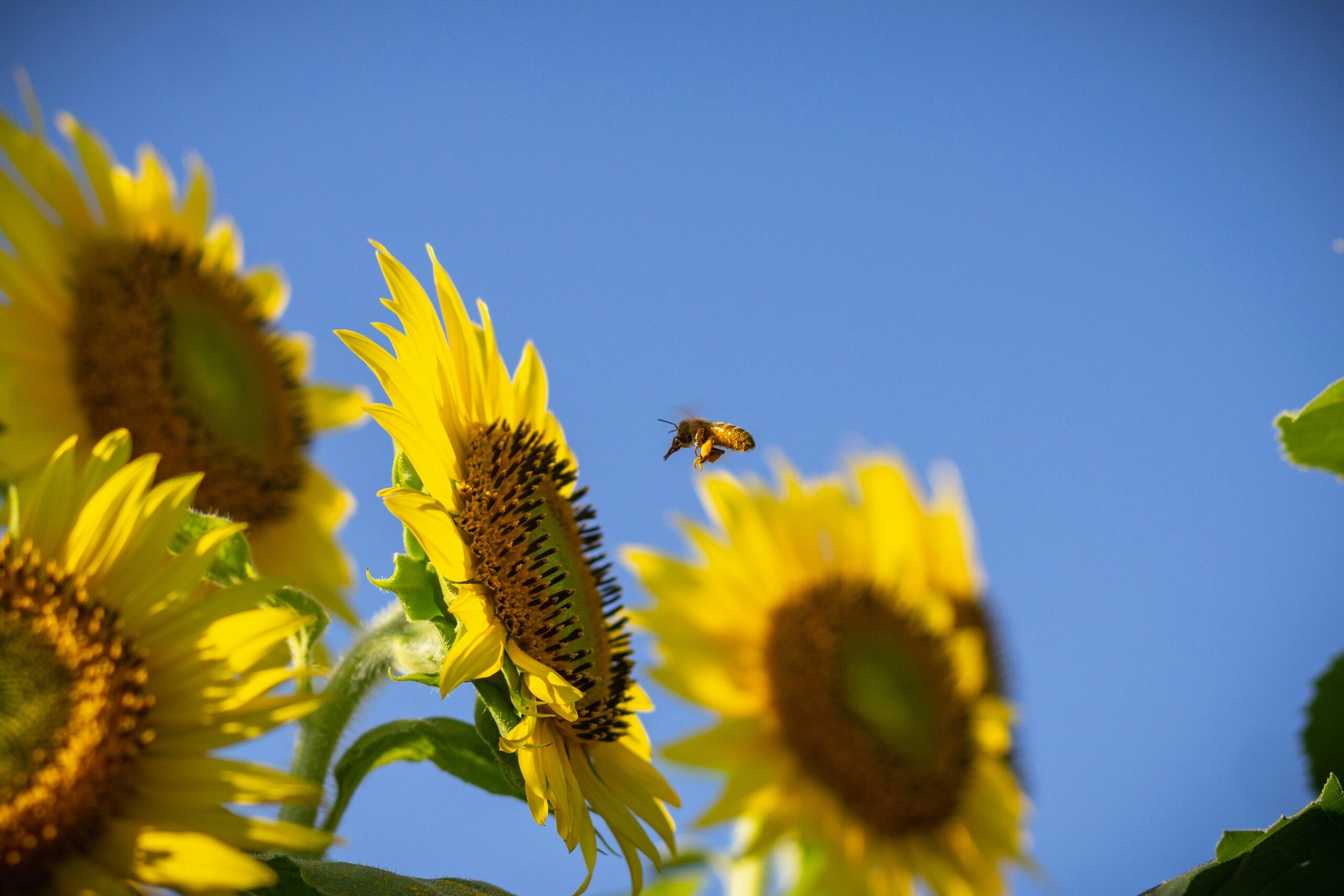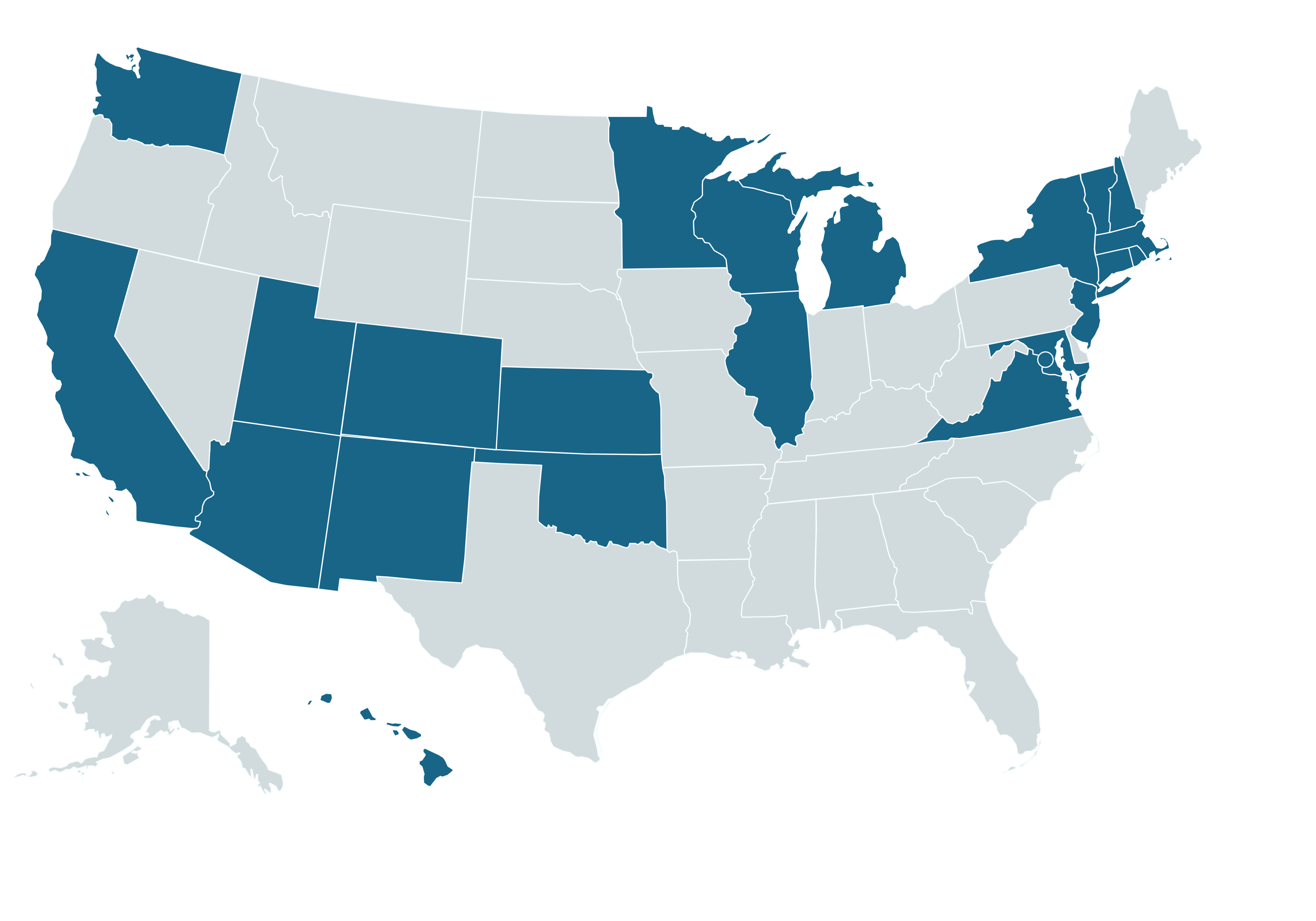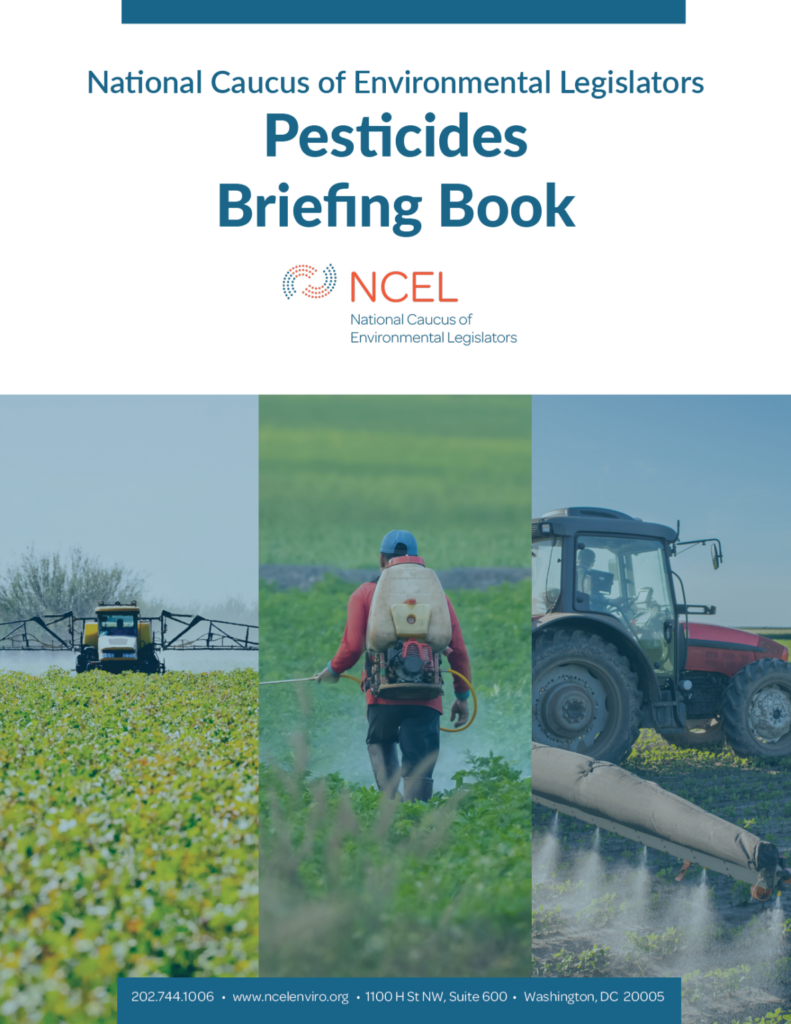
Policy Update
Will 2024 be a Leap Forward for State-Level Pollinator Protection?
March 12, 2024
Overview
As birds, bees, butterflies, and other crucial pollinator species continue to face threats, U.S. states are ramping up efforts to increase protections for pollinators. 2023 was a year of progress for state-level pollinator protections, culminating in New York enacting the nation’s first ban on seeds treated with neonicotinoids, a pesticide highly toxic to pollinators. In 2024, 22 states have hit the ground running and are looking to build on this momentum through a variety of policy approaches.
Why Protecting Pollinators Matter
Like all native wildlife, a diversity of pollinator species is important for maintaining healthy ecosystems and biodiversity. Nearly 75% of food crops grown around the globe depend on pollinators, with the economic value of these crops estimated to be between $235-$577 billion per year.
- The Problem: The use of harmful pesticides – as well as climate change and unsustainable land use – have led to persistent declines in pollinator population volume and diversity. Because of the widespread use of pesticides, such as neonicotinoids, nearly every agricultural plant is toxic to the pollinators that land on them.
The 2024 State of Play – Which States Are Moving Bills?
As in previous years, U.S. states are focusing on protecting pollinator species through two primary policy approaches in 2024: (1) improving regulation of pesticides toxic to critical pollinator species, and (2) improving and expanding habitats for pollinators. Below are some of the specific policy trends that have been unfolding.
- By the Numbers: As of March 2024, at least 100 bills have been introduced across 22 states and Washington D.C., with New Mexico, Utah, and Virginia enacting legislation.

2024 Policies to Address Pesticides
Insecticides
States are continuing to address neonicotinoids in 2024 but are also putting a renewed emphasis on chlorpyrifos – a pesticide part of the organophosphate pesticide class with similar pollinator-toxic qualities to neonicotinoids.
- Neonicotinoids: Four states (Arizona, Connecticut, Hawaii, and Washington) have introduced legislation to restrict neonicotinoids for residential use, with Washington’s bill having passed the legislature. Illinois and Vermont introduced legislation to restrict neonicotinoid’s agricultural use, largely based on New York’s recently enacted Birds and Bees Act.
- Chlorpyrifos: Six states (Arizona, California, Hawaii, Massachusetts, New Jersey, and Vermont) have introduced legislation to ensure chlorpyrifos restrictions.
- Colorado is considering legislation to allow local governments to create stronger pesticide regulations (H.B.24-1178).
Pesticide Monitoring and Reporting
Due to a lack of robust data on pesticides, states are increasing their pesticide monitoring and reporting capacity to bring greater transparency to pesticides’ harmful human and environmental health impacts.
- Arizona (S.B.1226) and California (A.B.1963) are considering bills that would require specific state agencies to evaluate and report findings related to different pesticide applications.
- California A.B.1864 would require a notice of intent to be submitted before a person applies certain pesticides within a quarter-mile of a school.
- Hawaii has passed S.B.3316 through one chamber, which would expand and improve requirements for reporting the use of pesticides with high potential to cause harm, including requiring the Department of Agriculture to develop an online reporting tool for the use of restricted-use pesticides.
Rodenticides
States’ interest in pesticide reform is extending to rodenticides, which are pesticides that target rodents such as rats and mice. Rodenticides are especially dangerous to birds of prey and other wildlife that consume contaminated rodents.
- In 2024, five states (California, Connecticut, New Hampshire, Rhode Island, and Vermont) have introduced bills to restrict the use of second-generation anticoagulant rodenticides, which are a highly potent form of rodenticides.

Download NCEL’s Pesticides Briefing Book
Explore NCEL’s new Pesticides Briefing Book for policy solutions like those highlighted above that can be implemented to protect pollinators and people from the harms of pesticides.
2024 Policies to Improve Pollinator Habitats
From front yards to state parks, lawmakers are also seeking creative solutions to improve pollinator habitats in the face of staggering losses of habitat due to human development. Habitat loss is one of the leading causes of pollinator decline.
- Illinois (H.B.5067) and New Jersey (S.B.2595) have introduced bills resembling Minnesota’s acclaimed Lawns to Legumes program that provides homeowners with small grants to transform their lawns into pollinator-friendly habitats.
- Maryland’s H.B.0022/S.B.0178 would require the state’s Pollinator Habitat Plan to be updated with policies and procedures for the use of pollinator habitat areas along state highways, and for the Administration to track and evaluate federal funding opportunities relevant to pollinator habitats.
- New York is considering A.8204 which would mandate that all state agencies responsible for maintaining state-owned land incorporate pollinator-friendly landscaping practices such as increasing the abundance of native plants.
- Colorado is considering H.B.24-1117 to add invertebrates (including pollinators) as species that can be conserved under the state’s Endangered Species Act.
Stay Informed on State Policy With NCEL
Stay up to date on trends in pollinator and pesticide policies across the country this year with NCEL’s Bill Tracking Map.